A Framework for Collective Action
The Get Georgia Reading Campaign was formed to boost a powerful predictor of high school graduation rates and overall quality of life—third grade reading proficiency.
The end of third grade marks the critical time when children shift from learning to read to reading to learn. Children unable to make this shift face serious barriers for future learning, because they can’t grasp half of the printed fourth-grade curriculum and beyond, including math and science. As a result, these children fall even further behind.

Children who can’t read proficiently by the end of third grade are four times more likely to drop out of school compared to those who can. As adults, they’re more likely to struggle with unemployment, mental health, and life.
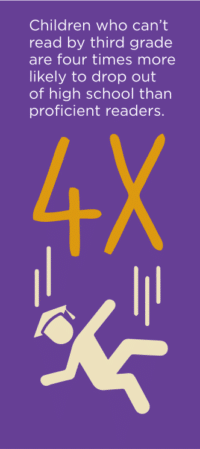
This is why, in 2013, K-12 education joined together with early learning, postsecondary, health, civic and nonprofit groups, elected officials, and others to craft a framework for collective action—the four pillars. The four pillars provide a shared language and understanding the conditions that must be in place for every child in Georgia to become a proficient reader by the end of third grade. Find out more about the process used to create the four-pillar framework.
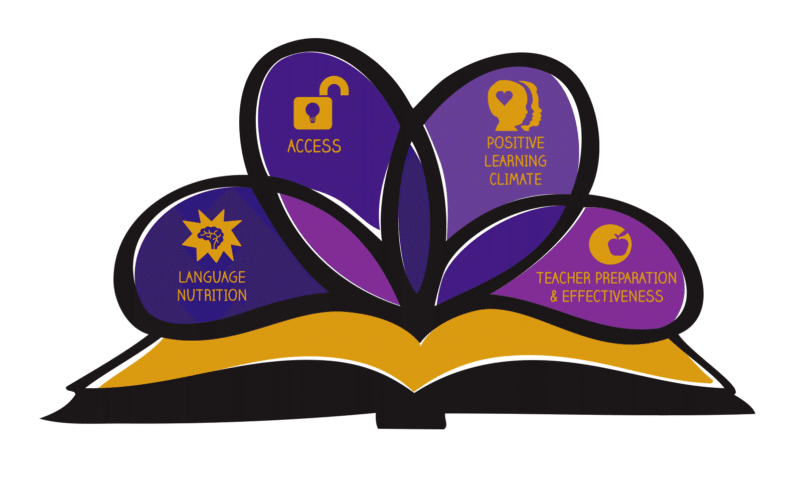
The Four Pillars
- Language Nutrition: All children experience abundant, positive, language-rich social interactions with caregivers, educators, and peers.
- Access: All children and their families have access to, and support for, healthy development, emotional well-being, and educational achievement.
- Positive Learning Climate: All children feel safe and nurtured, from the early years through the early grades, so they can learn and grow—both emotionally and academically.
- Teacher Preparation and Effectiveness: All caregivers and educators are equipped with evidence-informed skills to effectively engage all children through developmentally responsive practice.
A Data-Informed Approach to Get Georgia Reading
Get Georgia Reading Campaign partners recognized that literacy is much more than an education issue. Our efforts to change long-term outcomes and consequences must begin early—long before children enter kindergarten.
Partners continue to explore factors that influence a child’s path to third-grade reading proficiency. This approach has focused on initial factors, including early brain development, language-rich social interactions, school attendance, summer learning, and the influence of physical and mental health on all aspects of early learning and development.
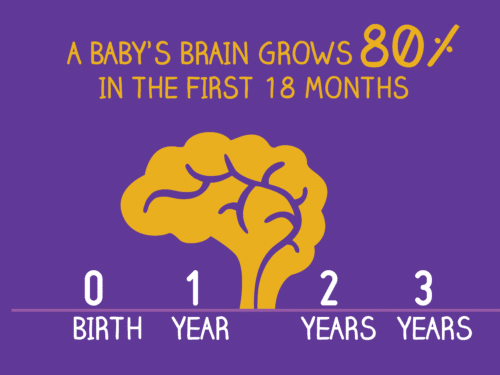
These investigations reveal that far too many children in Georgia lack access to quality health care, housing, nutrition, and supportive learning environments. And far too many children experience the trauma of stress and violence in their homes and neighborhoods, inhibiting their ability to learn and grow.
Children cannot learn when they are hungry, sick, or scared.
Challenging Conventional Approaches
Campaign partners use the four pillars as a framework to create new opportunities for change and support collective action in communities throughout the state.
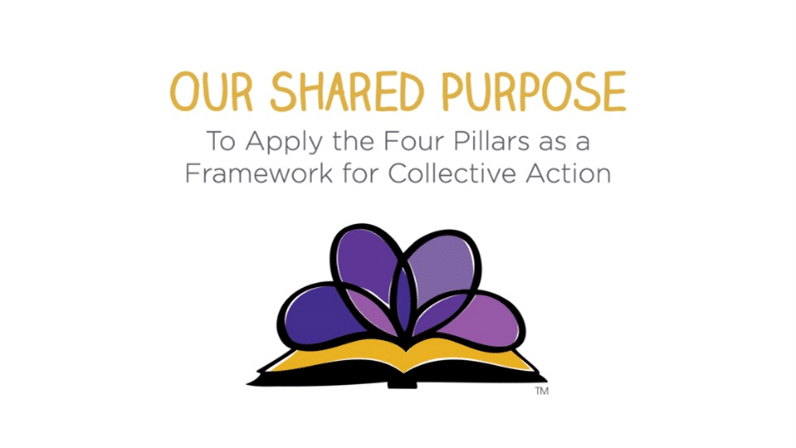
Implementing multi-generational approaches that support family literacy, integrating language as a well-being indicator into education and health care practices, and tackling health barriers to learning are just a few examples of partners using the four pillars to drive action.
Let’s Get Georgia Reading
Over 1 million children under age 9 live in Georgia. The only way we can reach them all is if communities across the state join us in this effort. Local ownership and innovation is one of the Campaign’s guiding principles.
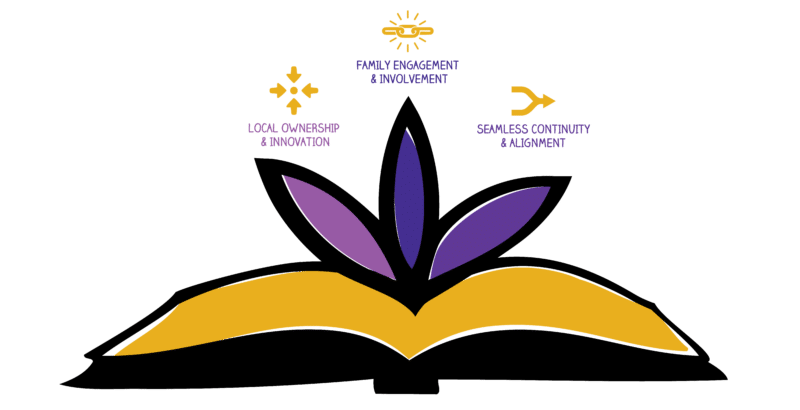
We encourage communities to apply the four pillars to drive local collective action.
Creating the conditions that must be in place for every child in Georgia to read proficiently by the end of the third grade takes more than good schools, more than great teachers, and more than loving parents. It takes all of us working together.

